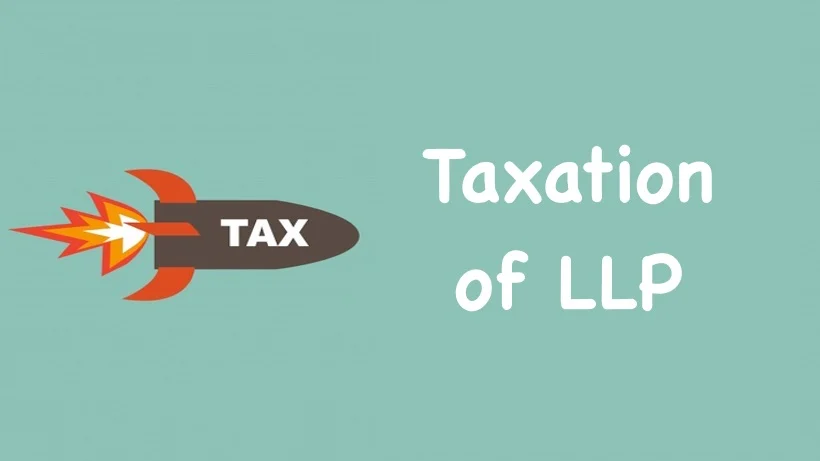 LLP definition
LLP definition

LLP definition: LLP stands for “Limited Liability Partnership.” An LLP is a legal business structure that combines features of a partnership and a corporation, offering limited liability protection to its partners. In an LLP, partners are not personally liable for the debts and liabilities of the partnership beyond their agreed-upon investment or capital contribution.
The concept of limited liability means that the personal assets of the partners, such as their homes or savings generally do not come in the partnership’s liabilities. This limited liability protection is one of the key advantages of forming an LLP, as it helps shield individual partners from the financial risks associated with the business.
LLPs are commonly used by professionals, such as lawyers, accountants, consultants, and other service-oriented businesses. It allows them to enjoy the benefits of a partnership structure, including flexibility in management and taxation, while providing personal liability protection.
For more information visit this site: https://www.mca.gov.in/

The regulations and requirements for forming and operating an LLP can vary by jurisdiction, so it’s important to consult the laws and regulations of the relevant country or state when considering forming an LLP. Â LLP definition
FAQs
1. How does an LLP differ from a general partnership?
- In a general partnership, all partners share unlimited liability, while in an LLP, partners are only liable for their own actions and not for the actions of other partners.
2. What are the benefits of an LLP?
- Benefits include limited liability protection, flexibility in management, and tax advantages similar to those of a partnership.
3.Who can form an LLP?
- Any individual or business entity can form an LLP, provided they comply with the legal requirements in their jurisdiction.
4. How is an LLP taxed?
- LLPs are typically taxed as pass-through entities, meaning profits are reported on partners’ personal tax returns, avoiding double taxation.
5. What is the minimum number of partners required to form an LLP?
- Generally, an LLP requires at least two partners, but this can vary by jurisdiction.
6. Are LLPs regulated?
- Yes, LLPs are regulated by state laws, and they must comply with specific formation and operational requirements.
7. Can an LLP have employees?
- Yes, an LLP can hire employees and operate like any other business entity.
8. How do you dissolve an LLP?
- Dissolving an LLP typically requires following procedures outlined in the partnership agreement and complying with state regulations.
9. Is an LLP suitable for all types of businesses?
- An LLP is ideal for professional services (like law and accounting), but may not be the best choice for all types of businesses. It’s important to consider the specific needs of the business before forming one.